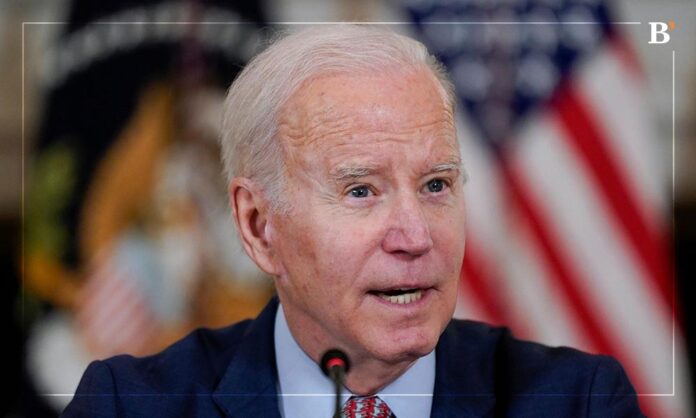Key Highlights
- President Biden signed a bipartisan resolution to end the US national emergency for COVID-19, which was declared in response to the pandemic three years ago.
- The phased-out emergency measures include the end of the Department of Housing and Urban Development’s COVID-19 mortgage forbearance program in May and the return of the Department of Veterans Affairs’ requirement for in-home visits to determine eligibility for caregiver assistance.
On April 10, 2023, President Joe Biden signed a bipartisan resolution to end the US national emergency declared in response to the COVID-19 pandemic. This brings an end to the emergency three years after it was first declared and weeks before it was set to expire alongside a separate public health emergency.
The national emergency allowed the government to take sweeping measures to respond to the virus and support the country’s economic, health, and welfare systems. While some emergency measures have been successfully wound down, others are still being phased out. On May 11, the tough immigration restrictions at the US-Mexico border, which were put in place under the public health emergency related to COVID-19, will expire.
The US National Emergency for COVID-19 Comes to a Close
The White House issued a one-line statement, announcing that Biden had signed, the bipartisan resolution, a measure behind closed doors, after having publicly opposed the resolution though not to the point of issuing a veto.
When the GOP-controlled House passed the measure in February, more than 197 Democrats voted against it. When the measure passed the Senate by a vote of 68-23 last month, Biden let lawmakers know he would sign it.
Phased Out Emergency Measures and Returned to Normal Procedures
Upon realizing that Congress was accelerating the end of the US national emergency, the administration hastened agency preparations for a return to regular procedures.
Among the changes, the following were included:
- The Department of Housing and Urban Development’s COVID-19 mortgage forbearance program is set to end in May
- The Department of Veterans Affairs has reinstated the mandate for in-home visits to assess eligibility for caregiver assistance.
Legislators extended telehealth flexibilities introduced as COVID-19 hit for another two years last year. These flexibilities allowed healthcare systems nationwide to deliver care regularly via smartphone or computer.




